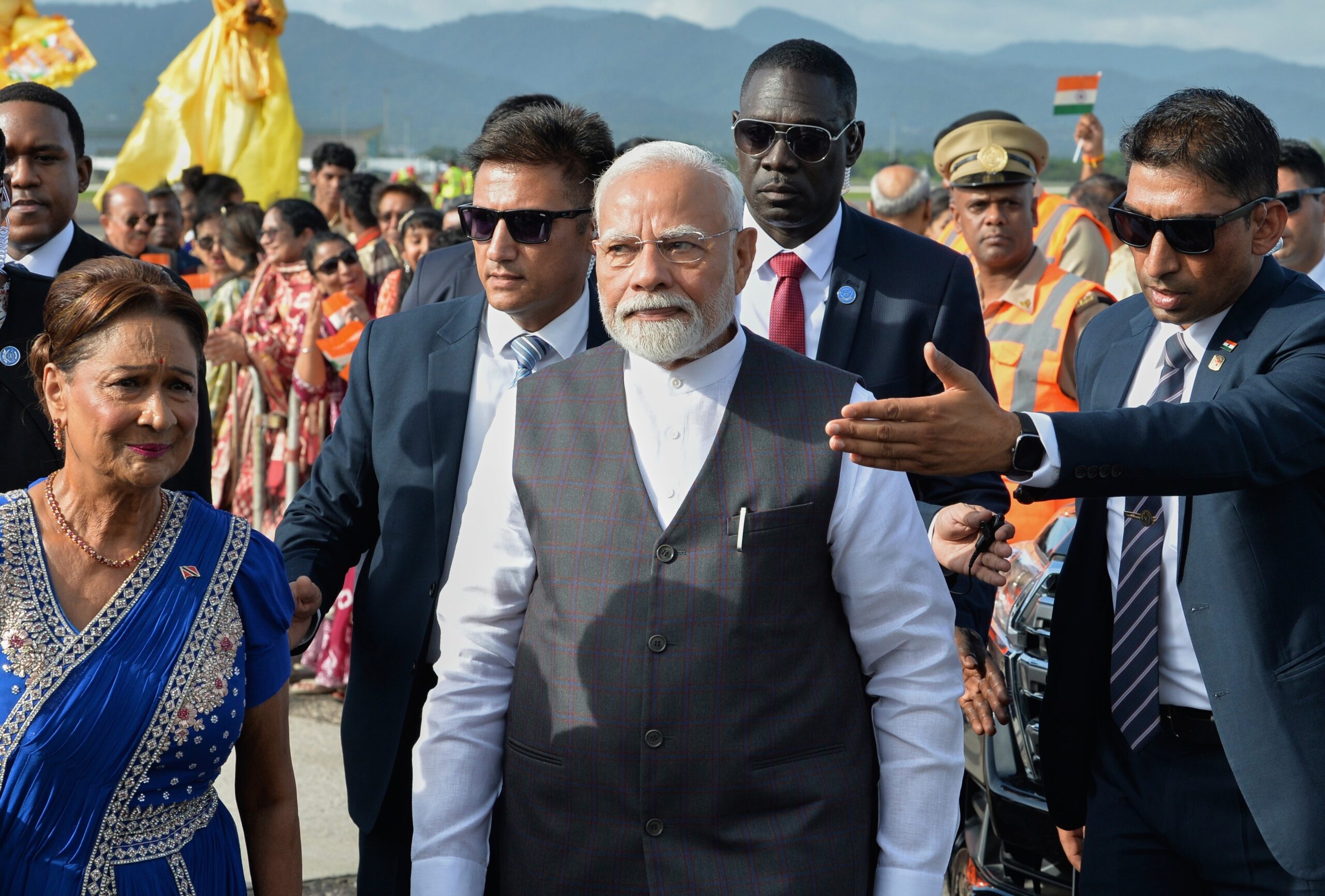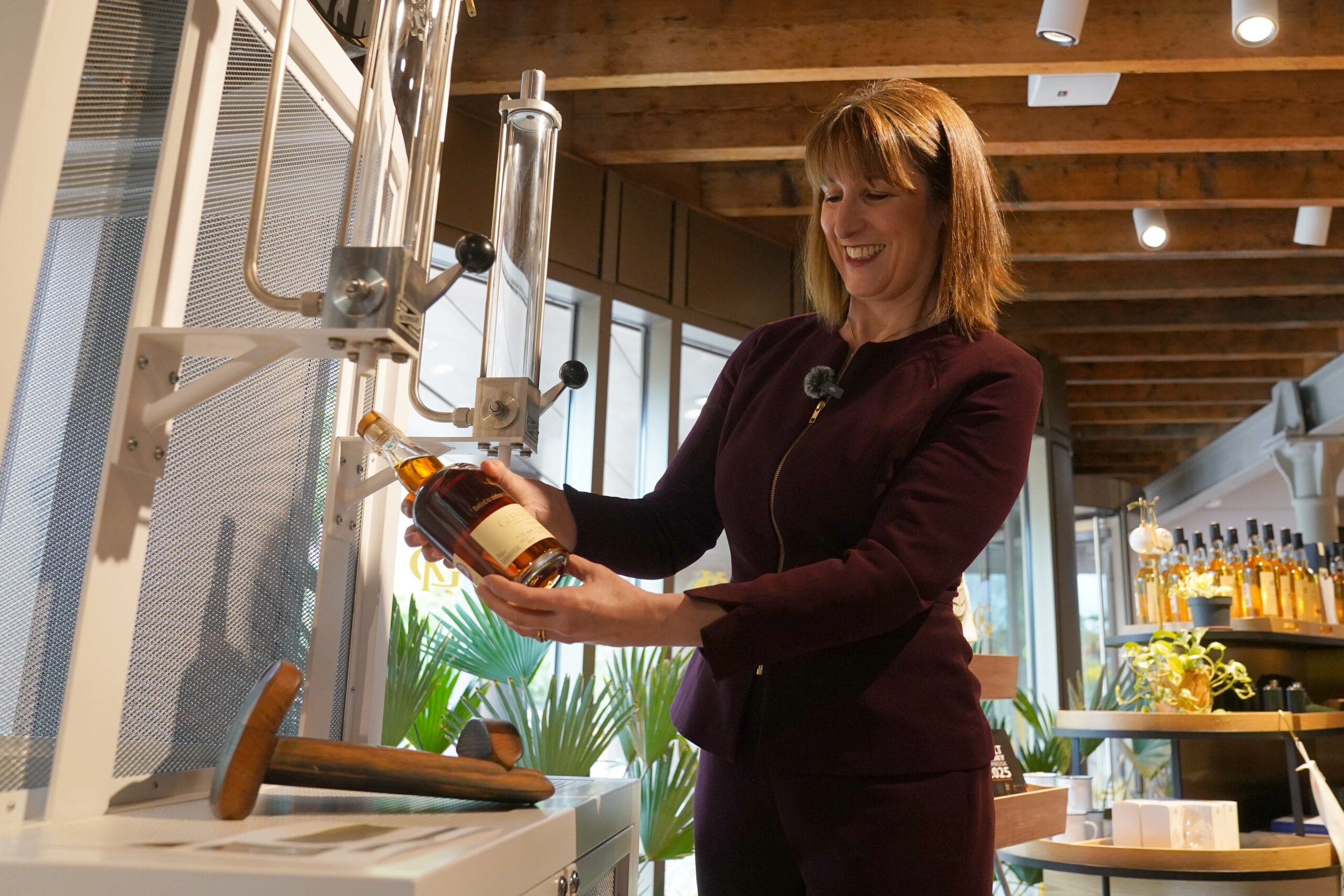Indian prime minister Narendra Modi is travelling to the UK to formally sign a free trade agreement amid global trade tensions sparked by Donald Trump’s tariffs.
The long-awaited signing of the India-UK Free Trade Agreement, agreed in May after three years of negotiations and described variously as “landmark” and “historic”, is the centrepiece of the visit.
Mr Modi’s two-day state visit, starting Wednesday, is his fourth to the UK and comes at a pivotal moment for both nations. For India, it offers a chance to diversify trade and diplomatic partnerships. For the UK, still grappling with post-Brexit trade issues, the deal represents a rare economic breakthrough.
Mr Modi’s trade minister, Piyush Goyal, is accompanying him for the formal signing, an Indian commerce ministry official said.
“This is a significant agreement,” Vikram Misri, India’s foreign secretary, told reporters on Tuesday, adding that legal vetting of the deal was near completion.

Mr Modi is meeting his counterpart Keir Starmer for “wide-ranging” talks on trade, defence, security and technological cooperation as well as climate. He is likely to meet King Charles as well.
While the trade deal remains the focal point, the trip is also aimed at resetting bilateral ties, deepening strategic cooperation, and amplifying people-to-people links.
The agreement, expected to boost a £42.6bn trading relationship, was finalised after 14 formal rounds of negotiations.
Mr Goyal earlier called the deal “a turning point in India’s outward economic engagement and a win-win for both economies”.
Mr Starmer hailed it as “a bold step forward for Global Britain”, projecting it to boost GDP by £4.8bn annually and potentially support over 30,000 new jobs.
Under the deal, the UK agreed to eliminate or phase out tariffs on over 99 per cent of Indian exports, including textiles, auto parts, leather goods, pharmaceuticals, and agricultural products.
India in turn agreed to cut tariffs on 90 per cent of British goods. It agreed to significantly lower levies on British exports like Scotch whisky, Jaguar and Land Rover vehicles, luxury cosmetics, and certain high-tech goods.
British cars, which currently attract tariffs of over 100 per cent in India, will see duties reduced to 10 per cent. The deal also offers tariff concessions on medical devices, pharmaceuticals, aircraft components, and electronic goods.
In return, Indian manufacturers are expected to gain access to the UK market for electric and hybrid vehicles, the commerce ministry official said.

“The UK is an important market for Indian exporters,” said Ajay Sahai, director general of the Federation of Indian Export Organisations, adding the pact would boost trade and provide access for Indian sectors like textiles, footwear, marine and engineering products.
Beyond trade, Mr Modi and Mr Starmer are likely to discuss bolstering the India-UK Comprehensive Strategic Partnership, originally launched in 2021.
Mr Modi is also scheduled to meet leaders of the Indian diaspora, estimated at over 1.7m.
The free trade deal had to undergo parliamentary scrutiny in the UK and a review by the Indian cabinet before it could come into force.
The Indian cabinet approved the deal on Tuesday after a legal scrubbing of its text. The British parliament is yet to approve it.
Sensitivities remain around issues that are either unresolved or that have been quietly sidestepped for now.
India has firmly excluded agriculture from the scope of the deal, a politically and economically sensitive sector that sustains more than 40 per cent of the country’s workforce. This longstanding red line reflects New Delhi’s resistance to exposing its farmers to foreign competition and has complicated talks with other major partners, including the US.
Among the more controversial provisions is India’s commitment to gradually lower tariffs on certain British imports such as Scotch whisky and luxury vehicles.
While these sectors are crucial for the UK, Indian manufacturers, particularly in the alcohol industry, have warned a flood of high-end imports could affect the market and harm homegrown brands.
Mr Modi’s trip to the UK is part of a two-nation tour. From the UK, he will visit the Maldives for his third trip to the island nation and first since Mohamed Muizzu, known for his pro-China leanings, became president in November 2023.
